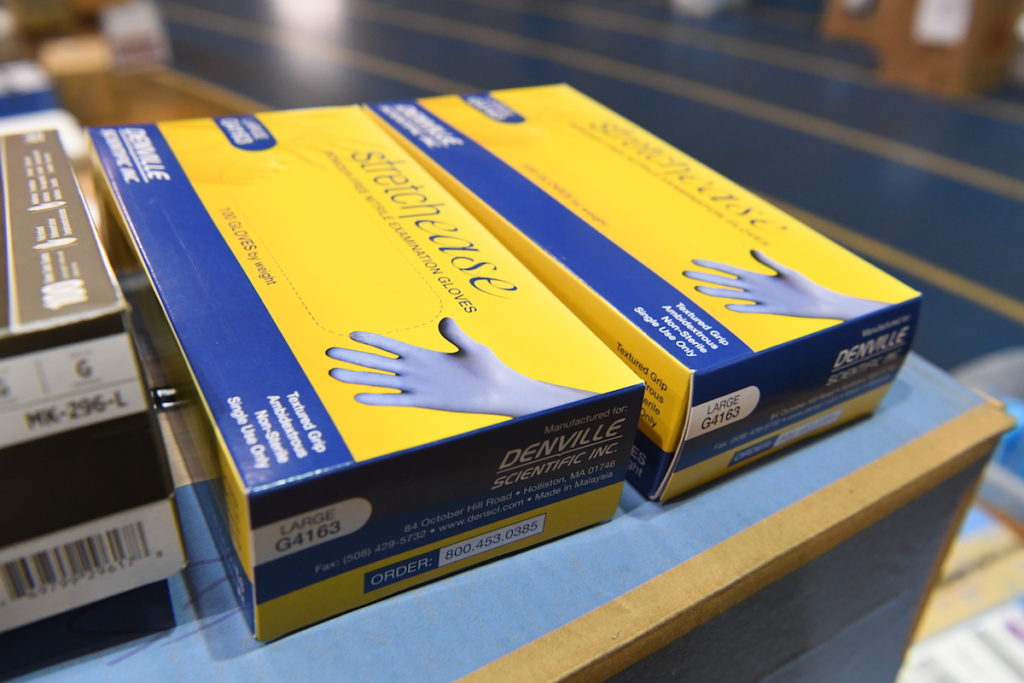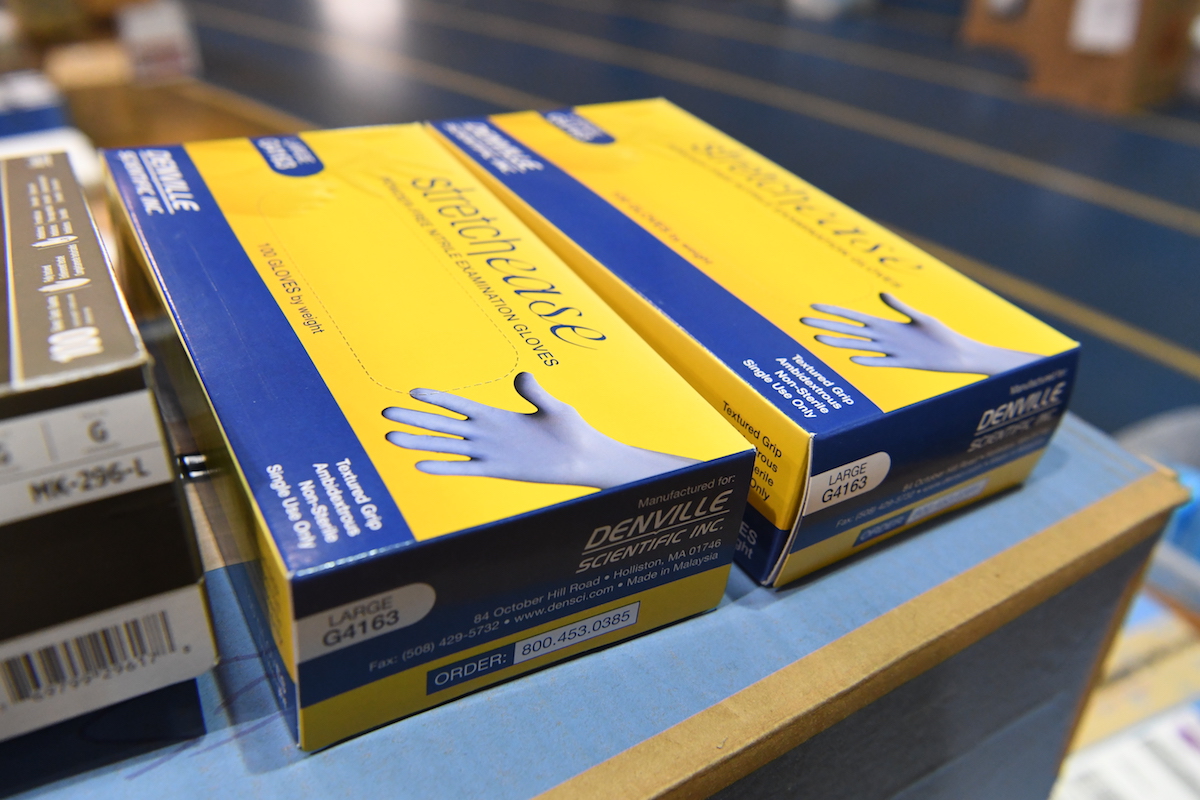WVU today providing data for coverage, feature story
From WVU Today:
MORGANTOWN, W.Va. — Personal protective equipment is a nurse’s “protection and shield” against the novel coronavirus, said Benjamin Klos, an instructor in the West Virginia University School of Nursing and registered nurse with WVU Medicine. Yet as more people seek medical care for COVID-19, nurses around the world are going through PPE faster than usual, diminishing stockpiles.

That’s a problem, Klos said, “because we want to continue to be able to care for you.”
Quotes:
What kind of PPE do nurses rely on to protect themselves from the coronavirus?
“Healthcare workers are wearing N95 masks and powered air purifying respirators. The PARP hood is designed with an eye shield. Think: Dark Helmet in ‘Spaceballs.’ We also wear gloves and gowns.”
What does it feel like to don all of that PPE?
“It is miserable. The PPE has to be put on and taken off in a specific order to ensure you don’t self-contaminate. That is tedious but not bad. The PPE is cumbersome and hot. I compare it to a self-sauna with little ventilation.”
Are some forms of PPE becoming scarce as the number of COVID-19 cases climbs?
“They are, and this is not a jab at hospitals. Most patients are taken care of using standard precautions, which means hand washing and gloves. A lot of gloves are already available because they are used routinely. Respiratory PPE, such as masks and PAPRs, are only utilized for patients with specific diseases. Where a healthcare worker might use 50, 100, 150 gloves per day, they may only use 10 to 20 masks per week. So, less respiratory PPE equipment is kept on hand. The problem is that the respiratory PPE is now being used as frequently as gloves, and supplies are dwindling worldwide.”
Why can’t nurses just wash and reuse their PPE?
“The short answer is: because we have no evidence this would work. There are years of research proving that hand hygiene prevents the spread of infection. However, self-cleaning PPE may just damage the equipment and make it less useful. A nurse could wear a mask to see patient A, clean the mask and go see patient B. But if the cleaning process is ineffective, the disease is potentially spread from patient A to patient B via the mask.”
Do cloth masks help as much as regular masks do? Instructional videos for DIY cloth masks have been circulating on social media, but is making them worthwhile?
“The most recent information I have heard is that we are waiting to hear from NIOSH [National Institute for Occupational Safety and Health] and OSHA [Occupational Safety and Health Administration] for their verdict on cloth masks. I will add, on an anecdotal note, that the public use of masks does not seem beneficial. The best way to prevent infection is to social-isolate and wash your hands. Just from observation, people who wear the masks in public tend to touch their faces more to adjust the mask. They’d be better off not wearing a mask and avoiding facial contact.”
Why is it critical that nurses have a sufficient supply of PPE right now?
“PPE prevents us from spreading infectious organisms to other patients and healthcare workers. If we don’t have PPE, we risk increasing the rate of infection to patients and workers, leaving fewer workers to care for more patients.”
West Virginia University experts can provide commentary, insights and opinions on various news topics. Search for an expert by name, title, area of expertise or college/school/department in the Experts Database at WVU Today.





